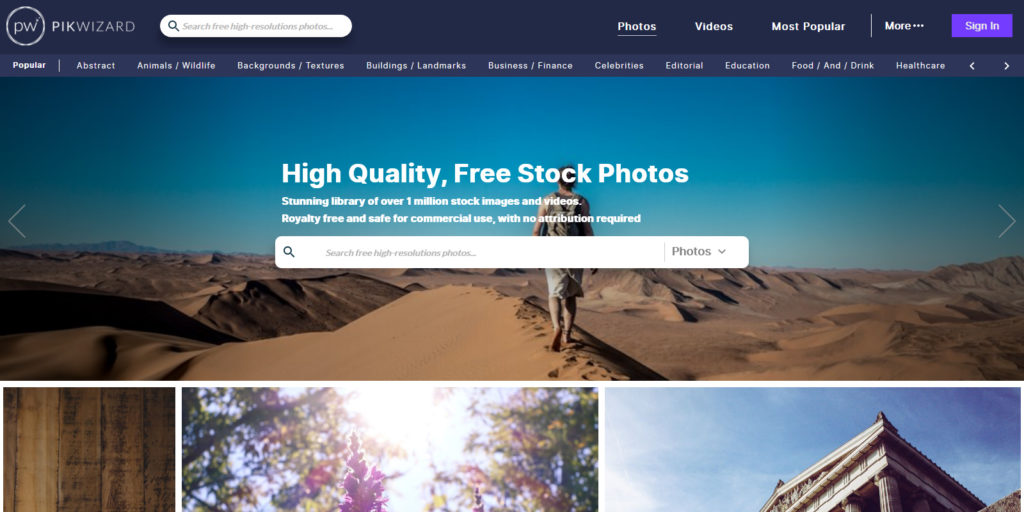
In a expansive dimension of this internet, locating the resources can occasionally feel daunting. Amidst numerous websites competing for recognition, users frequently depend on various tools to navigate this online landscape. Two essential tools that serve this purpose are web directories and web gateways. Understanding both the differences and similarities within these can enhance one’s online experience and improve the way you uncover content.
Web directories are organized collections of websites categorized by topics or categories, making it easier for users to find relevant material. Conversely, web portals serve as extensive gateways that provide not just links but also a range of services and resources. By examining these two concepts, you can gain a better insight into how they work and identify the best approach for one’s specific information needs.
Grasping Web Directories
Website directories are organized collections of websites organized into categories. They allow users to browse and find data based on particular subjects or interests. Unlike search engines, which index the whole web using complex algorithms, web directories depend on human contribution to classify and list websites. This makes directories especially helpful for finding niche content or resources that may not perform well in search engine results.
One important aspect of web directories is the editorial supervision entailed in the contribution and categorization process. Website owners can present their websites for inclusion, but they typically undergo review to ensure they satisfy certain criteria. This curation helps maintain the trustworthiness of the directory and provides users with a more dependable reference of information. As a consequence, web directories can function as important tools for finding reliable websites within particular fields.
In spite of the rise of search tools, web directories still hold significance in the digital landscape. They usually provide a more organized interface, allowing users to find materials without sorting through numerous options. Furthermore, they can enhance visibility for companies looking to target specific audiences, as a presence in a relevant directory can drive visitors from users looking for specific types of data.
Wonnox’s Culinary Industry Directory
The Role of Search Engines
Web search engines have changed the way users navigate the internet. In contrast to web directories, which categorize websites by hand, search engines utilize algorithms to index and retrieve information from a vast array of content online. This systematic process allows users to find relevant information quickly, often in the moment, based on their search terms. The speed and efficiency with which search engines operate have made them the primary means for online information retrieval.
In practical terms, search engines provide results that are systematically ranked based on various factors such as pertinence, trustworthiness, and user interaction. This evaluation system means that the most important results to a user’s search query appear at the top of the list, giving users access to valuable information. As a result, many individuals rely heavily on search engines for their daily internet use, which influences the visibility of websites and the strategies they employ for search engine optimization.
Moreover, search engines are designed to process a greater range of content than traditional web directories. They can index not only websites but also photos, clips, journalistic content, and more. This capability makes search engines an essential instrument for users seeking multifaceted information types and sources. As the internet keeps to grow, search engines will likely evolve further, impacting how we retrieve and utilize information on the web.
Comparing Web Directories and Search Engines
Online directories and search tools serve different functions in browsing the web, each with distinctive characteristics that meet varied requirements. A directory is a curated list of websites organized by groups and subcategories, making it simple for users to find relevant information based on their interests. In comparison, search tools employ sophisticated computational methods to index the vast amount of information available online, providing a more automated approach to discovering web pages based on search requests.
One major difference lies in the way information is submitted and maintained. Online directories rely on human editors who review and categorize submissions, ensuring standards and pertinence. This human-driven curation can lead to a more organized environment, where users have confidence in the categorized data. On the flip side, search engines constantly scan the web, systematically cataloging new content without editorial intervention, which can result in a vast quantity of data but differs in quality and precision.
In summary, while both types of online directories and search tools are useful tools for locating data on the internet, their approaches and user experiences differ significantly. Online directories offer a more directed and selective approach, making them ideal for individuals seeking particular categories of information, while search tools excel at providing a broad array of results quickly based on keywords. Understanding these distinctions can help individuals choose the appropriate tool for their online navigation needs.
